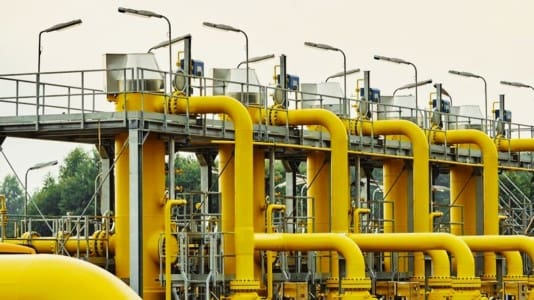MOL, the integrated oil and gas group, will be the largest single contributor to the Hungarian windfall tax announced earlier this week, Prime Minister Viktor Orbán revealed on Wednesday.
Cabinet minister Gergely Gulyás reportedly told the weekly cabinet briefing that MOL will have to contribute 300 billion Hungarian forints (€768 million), mainly on account of its growing profits from refining Russian Ural blend crude which remains significantly cheaper than the western standard Brent crude.
As this site reported earlier, MOL had a bumper year in 2021: consequently, the shareholders’ general meeting approved a dividend of 100 Hungarian forints (€0.27) per share plus a 200 Hungarian forints (€0.54) dividend bonus, the highest amount in a decade.
“Those who make extra profit in this war situation are being asked to help the people and contribute to the country’s defense costs,” the prime minister said on Wednesday. “As we have promised, we will protect families, retirees, jobs and overhead cuts even in a protracted war situation.”
The second highest contributor will be the banking sector with a windfall tax of 250 billion Hungarian forints (€640 million) and an additional 50 billion Hungarian forints (€128 million) in transaction fees.
Asked whether the banks will defer the extra taxes to customers, Gulyás replied: “Not if there is competition among banks.”
The other sectors that must contribute are retail trade with 60 billion Hungarian forints (€154 million), insurance companies with 50 billion Hungarian forints (€128 million), telecommunications companies with 40 billion Hungarian forints (€102 million) and pharmaceuticals trade with 20 billion Hungarian forints (€51 million) and the currently tax-free advertising sector, which next year will have to pay taxes of 15 billion Hungarian forints (€38 million).
Orbán said the windfall tax — designed to help pay for the cost of capping utility prices and the requirement to rearm and bolster national defenses — will be in effect until the end of next year.






